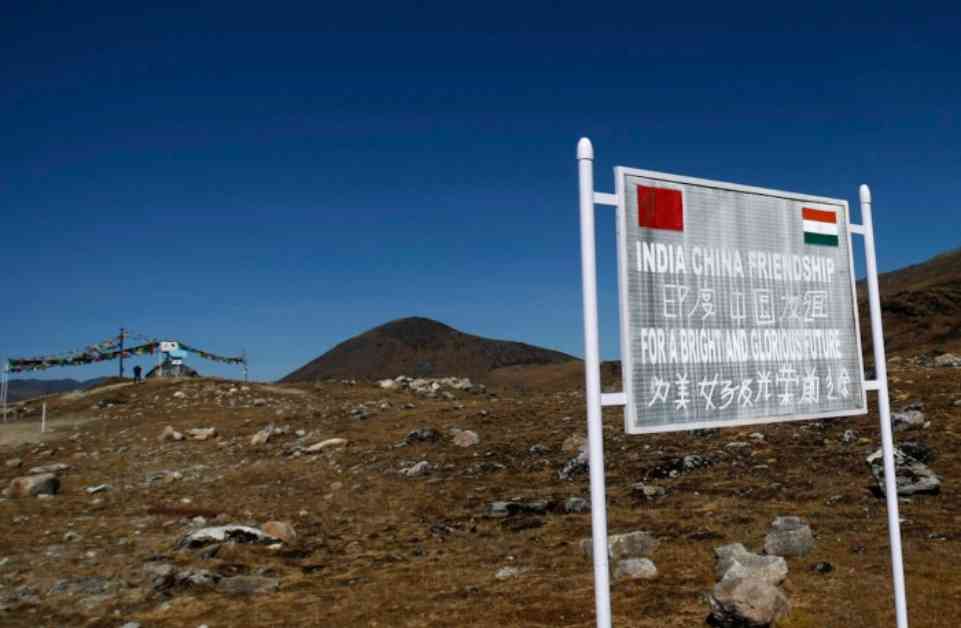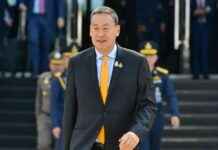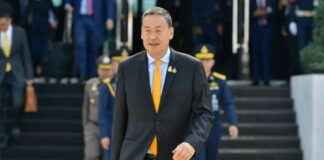India and China have made significant progress in easing tensions along the disputed Himalayan frontier by starting to withdraw troops from their final two face-to-face positions. This move comes after a four-year military standoff, and both sides have struck a deal on patrolling the frontier, leading to their first formal talks in five years in Russia.
The troops from both India and China have begun withdrawing from the areas of Depsang and Demchok, which were the last remaining points where they were stationed face-to-face. This development marks a positive step towards de-escalating the situation in the region.
The Indian government source, speaking on condition of anonymity, confirmed the troop withdrawal, indicating that the process is underway smoothly. The foreign ministries of both countries have not provided detailed information about the new pact, but the withdrawal is seen as a significant move towards restoring political and business ties that were strained after a deadly clash in 2020.
The ongoing tensions between India and China have a long history, with the border disputes dating back to the 1962 war. The recent efforts to de-escalate and improve communication between the two nations are crucial in preventing further conflict and promoting stability in the region.
The agreement on troop withdrawal is a positive development that signals a willingness from both sides to resolve their differences peacefully. The focus on improving cooperation and dialogue between India and China is essential for maintaining peace and security along the Himalayan frontier.
As the troop withdrawal continues and tensions ease between India and China, it is hoped that both countries will work towards a lasting solution to their border disputes. The recent diplomatic efforts and commitment to dialogue are steps in the right direction towards fostering better relations and avoiding future conflicts in the region.




















